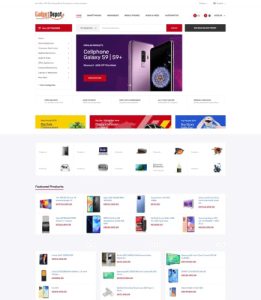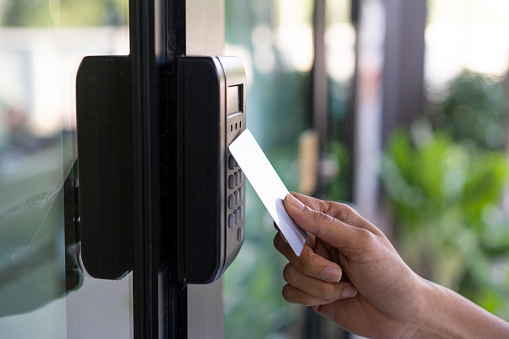How to set up RFID Smart Card for Employees?
In today’s business environment, safeguarding employees and maintaining a secure workplace is a top priority for organizations. At E-Startups Kenya, we understand the importance of monitoring employee activities to enhance security. Let’s delve into the effective setup of RFID smart card technology for employees.
RFID technology equips you with tools to track real-time employee locations, issue safety alerts, manage workplace access, and monitor employee performance.

How RFID Promotes Employee Safety at Work
Integrating RFID technology addresses numerous workplace and employee management challenges, enhancing overall business operations.
Understanding RFID Technology
Radio Frequency Identification (RFID) is a wireless communication technology utilizing electronic fields to track objects, people, or animals.
It consists of two main components: the reader and the tag. The reader, equipped with a small antenna and a transceiver, exchanges information with the tag, which stores and transmits data using radio waves.

Key Components of RFID
RFID Tag
These devices include a microchip and an antenna, transmitting radio waves to the receiver. Tags are classified into two types:
- Active Tag: Contains a power source to transmit data over longer distances.
- Passive Tag: Lacks an inbuilt battery, making it suitable for shorter distances and more cost-effective.
RFID Antenna
This device emits radio waves and captures signals reflected back from the tags. It can be either linear (emitting a linear polarized signal) or circular (emitting a circularly polarized signal).

RFID Reader
RFID readers capture the radio waves from the tags. They not only read data but can also write data to RFID tags.
- Low Frequency: Suitable for short distances, operating between 125-134 kHz.
- High Frequency: Covers distances up to 1 meter, ideal for security access, operating at 13.56 MHz.
- Ultra High Frequency: Extends up to 5-6 meters, functioning between 865-960 MHz.
Benefits of RFID Smart Cards in the Workplace
Adopting RFID in the workplace enables precise tracking of employee locations and performance, offering a more effective solution than manual methods.
This technology ensures only authorized personnel access certain areas within the organization, enhancing security and operational efficiency.

Key Benefits of RFID for Employees
- Real-time attendance tracking
- Automated reporting
- Enhanced safety and security
- Increased transparency and accountability
How RFID Systems Function Within an Organization
RFID technology is becoming increasingly popular for monitoring employee activities. It operates seamlessly within company premises, deactivating when an employee exits the building.
- RFID cards are issued to all employees.
- Card readers are placed strategically to track movements.
- Data is transmitted to a central server, updating attendance and providing access to authorized personnel.
Practical Applications of Employee RFID Smart Cards
RFID technology simplifies several workplace functions, including:
- Automating attendance
- Managing smart parking solutions
- Streamlining cafeteria operations through menu viewing and order placement
- Enhancing overall workplace efficiency and security

Ensuring Workplace Safety with RFID
Implementing RFID technology can significantly reduce the risk of internal threats and manual errors, boosting work efficiency and enhancing both performance and security.
Conclusion
In this discussion, we’ve explored how RFID technology not only secures but also streamlines workplace operations, from employee monitoring to facility management. By adopting RFID, E-Startups Kenya can achieve heightened security and operational efficiency.
For more insights on setting up RFID smart card technology for employees, stay tuned to our blog.




























